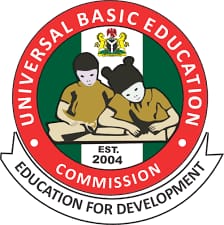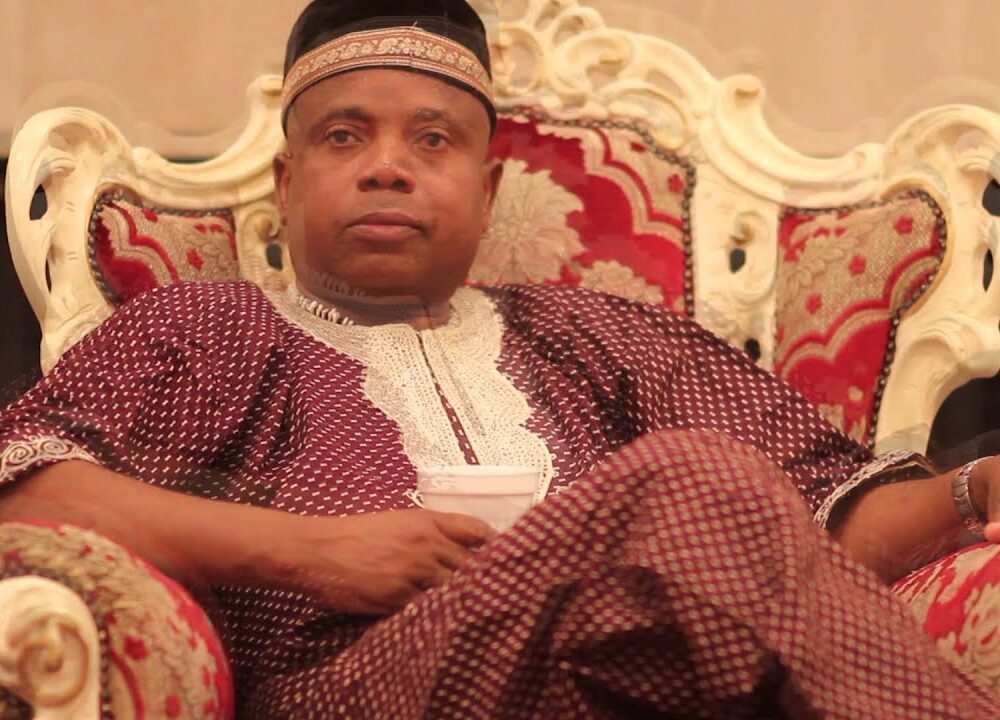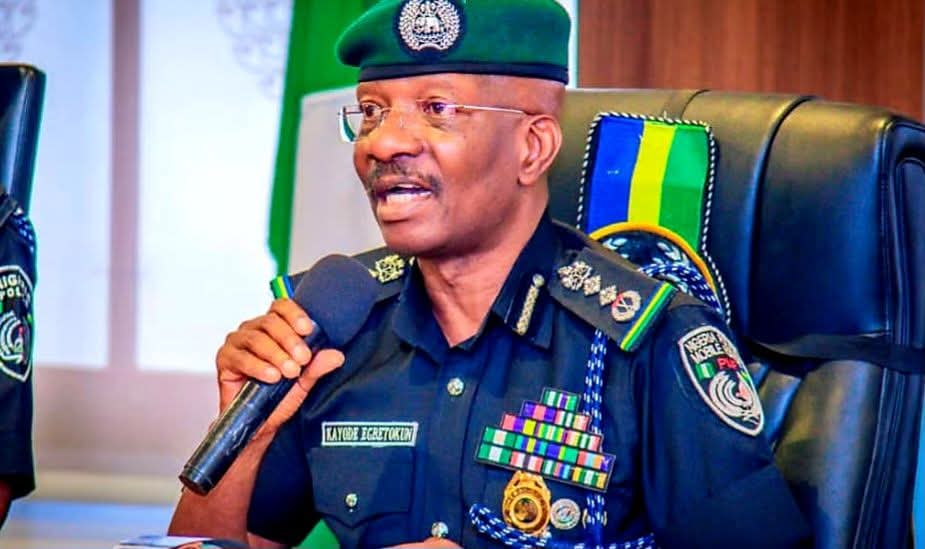To achieve Basic and Junior Secondary Schools Education, a lot of efforts is needed routinely towards attaining laudable initiatives been put in place by the leadership of the agency, under Dr Hamid Bobboyi.
Aside funding and Infrastructural development, manpower development has been a corollary towards ensuring the SDGs Goals 4 is realizable.
Moving gradually towards decades of action tagged by the United Nations sustainable development goals as 2020-2030 Agenda, that is geared towards the realization of all needed requirements by developing and underdeveloped countries towards attaining SDGs Goals, both in socio-economic, political, health , education and well-being of citizens.
In line with these objectives, the Universal Basic Education Commission UBEC in Nigeria had redoubled efforts to eradicate the engagement of non- qualified teachers both at the Basic Education and Junior Secondary Schools prevalent at the state governments level and the private schools .
The ugly development continues rearing it’s head in spite me of the huge investment and quantum contributions been carried out by the commission in assisting both state and local government that formed the core of sub-nationals.
Since the quality of teachers been engaged at the Basic Education and Junior Secondary Schools cannot be compromised, the desire to engage qualified ones should not be overemphasized, in line with the provision of the act and SDGs interventions Goals 4 .
Since the basic requirements for engagement of teachers at the primary schools level and Junior Secondary Schools in line with the requirements of the Teachers Registration Council of Nigeria (TRCN), remained National Certificate in Education (NCE), anything short of it negates the standard requirements all over both Basic Education and Junior Secondary Schools.
But , for lack of commitment and diligence on the part of states and local governments, the practice geared towards maximizing funds against the lay down procedures has become a corrolary to the delivery of quantitative rather than qualitative education.
Speaking at different fora , the Executive Secretary, Chief Executive Officer ES CEO of the Universal Basic Education Commission (UBEC) lamented the unrepentant template drew by both states and local governments as well as the private schools to sustain the negative trend.
He has continued to preach against the unethical standards that is capable of eroding the delivery of Basic Education in the country in line with the UBEC act and the UN SDGs.
Hence in his series of contributions and remarks , he averred as follows ….
“The Executive Secretary of Universal Basic Education Commission (UBEC), Dr Hamid Bobboyi has lamented that one of the challenges being faced in basic education in Nigeria is the recruitment of unqualified teachers.”
“He said this was happening in spite of the efforts by the Federal Government and other stakeholders to ensure standards and support for the provision of quality teachers in the country.”
“Speaking at a conference with the theme ‘Transforming Teacher Professional Development for Improving Learning Outcomes at Basic Education Level’ held in Abuja, Bobboyi said it was sad to find that some teachers in schools are holders of the First School Leaving Certificate.”
“He added that a lot of the teachers recruited by some state governments and private schools are also holders of Basic Education Certificate, Senior Secondary School Certificate, Associate Certificate in Education, and Diploma Certificate.”
“Meanwhile, the national policy on education prescribes the Nigeria Certificate in Education (NCE) as the minimum teaching qualification in the country, while the Teachers’ Registration Council of Nigeria (TRCN) has been in the forefront of enforcing this with minimal success.”
“This is because some state governments believe that education is in the concurrent list and as such they could determine who they recruit to teach in their schools, especially where reports have indicated that recruitment of teachers and engagement of other workers in some states is dependent on “political patronage.”
“He noted that the impressive attendance at the event by stakeholders was a reflection of the concern shared over the low learning outcomes at the foundational level of education on which the higher levels are expected to stand.”
“A number of studies show that basic education learners are weak, especially in the basic functional skills of literacy, numeracy and life skills. It is generally believed that teachers at this level of education are not only in short supply, but are ill-prepared to effectively implement the curriculum,” Bobboyi said.
“According to him, a teacher’s preparation is in two phases: pre-service and in-service (professional development), explaining that the former is predominantly theoretical and the latter practical.”
“He noted that “it is expected to bridge the gap between theory and practice as well as keep the teacher abreast of changes in the subject knowledge and pedagogical skills in a rapidly changing technology-driven world.”
“He reminded the audience at the event that schooling goes beyond attendance and moving across the classes to graduation, saying it is more about the quality of learning – knowledge, skills, attitudes and values acquired and the ability of learners to apply them as they journey through life.”
“While underscoring the importance of Teacher Professional Development (TPD), Bobboyi noted that it is the teacher who facilitates learning and to perform the task effectively; he/she needs to attain a certain level of competency at the end of his pre-service training and to also build on it continuously throughout his/her teaching career.”
He said: “Ideally, teachers are expected to regularly and continuously undergo professional development. As we are aware, knowledge is dynamic and the teacher in particular is expected to keep abreast of knowledge development in his subject area by unlearning stale and outdated knowledge, while learning and relearning new knowledge.”
“The way things are done is also constantly changing due to technological development. The teacher is expected to acquire new teaching skills as they unfold and have the capacity to use the technological tools which are increasingly changing the way teaching is done and how learning takes place.”
“These are areas, among others, that the continuing professional development is expected to expose the teacher to in order to improve his/her competence and capacity to effect a quality learning.”
“For example, the UBEC 2022 National Personnel Audit, NPA, reveals that 67.5% of teachers in public schools and 85.3% in private schools have not attended any in-service training in 5 years (2018-2022). This prevailing situation has implications for quality education delivery.”
“The Federal Government, through UBEC, has contributed a total of N57,165,751,416.12 as assistance to the States for teacher professional development between 2009 and 2022.”
“This is grossly inadequate to cover the training needs of the teachers. The States that are being assisted have come to depend largely on the Federal Government fund for their TPD, with little or no contribution. This is a major challenge in assuring quality learning outcomes at basic education level.”
“There is also the challenge of the quality of the training conducted in the states which makes no impact at the school level. Teachers who attend training activities are unable to put into practice what they learnt. The institutions engaged by States to train their teachers generally adopt a one-size-fits-all approach without due consideration for training needs, teaching environment, teachers’ background and subject specialisation. Coaching and mentoring at school levels, which can fill gaps in content knowledge and pedagogical skills, are either non-existent or weak.”
“Similarly, quality assurance and teacher support services at the State level are also weak. The real issue we should discuss at this Conference is whether we can continue doing the same thing over and over with the hope that we will get a different result.”
“From 2009 when the Federal Government has been supporting States in Teacher Professional Development implementation, we cannot say that we have been able to achieve the desired objectives.”
“A lot of resources have been deployed to this sector and yet this has not been reflected in learners’ achievement. It is time for us to review our practice and approaches and ensure that the main objective for the introduction and implementation of TPD, which is to improve teacher and learner performance, is achieved for the benefit of the learners and the nation at large.”
“This is the central reason for organising this Conference. We need to discuss and come up with recommendations on what should be done differently towards transforming TPD for the improvement of teacher quality and, by implication, the learning outcomes,” the UBEC boss said.”
With determination, commitment and in accordance with the regulatory framework and policy thrust guiding the operation of the commission, no doubt the new approach will ameliorate the continuous enrollment of non -qualified personnel into the teaching profession in the country.
*ABUBAKAR YUSUF writes from Abuja, he can be reached on yus.abubakar3@gmail.com.





